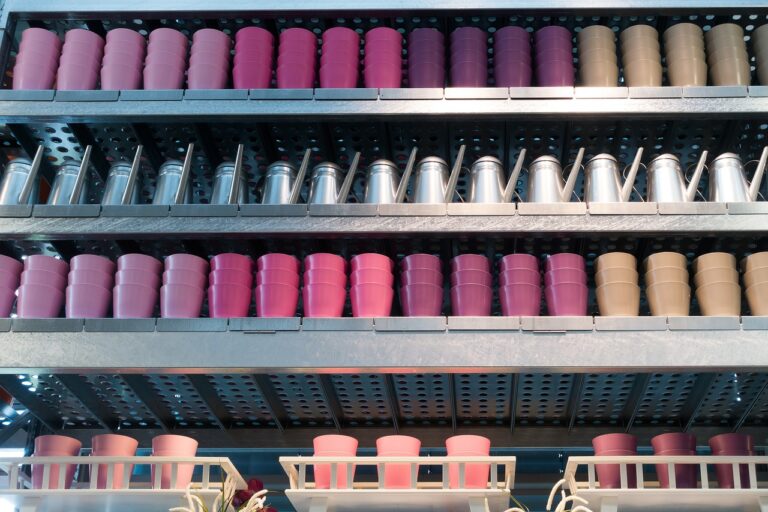The Impact of Sustainable Packaging Innovations in the Organic Skincare Industry
In recent years, the organic skincare industry has been making significant strides in adopting sustainable packaging innovations. From biodegradable materials to compostable packaging, brands are exploring various eco-friendly options to reduce their environmental footprint. One notable innovation is the use of plant-based plastics derived from sources like cornstarch or sugarcane, providing a renewable alternative to traditional petroleum-based plastics.
Furthermore, some brands are turning to minimalist packaging designs to decrease material usage and waste generation. By focusing on simple, functional packaging solutions, companies can not only reduce their carbon footprint but also appeal to eco-conscious consumers. These sustainable packaging innovations not only benefit the environment but also align with the values of organic skincare enthusiasts seeking products that prioritize both their skin’s health and the planet’s well-being.
Benefits of Sustainable Packaging in the Organic Skincare Sector
Sustainable packaging in the organic skincare sector offers numerous advantages for both businesses and consumers. By using eco-friendly materials such as biodegradable plastics or recyclable glass, brands can reduce their environmental impact and contribute to a more sustainable future. Additionally, sustainable packaging can help to enhance the overall brand image and appeal to eco-conscious consumers who are increasingly prioritizing environmentally friendly products.
Moreover, investing in sustainable packaging solutions can also result in cost savings for organic skincare brands in the long run. While the initial switch to eco-friendly packaging materials may require a higher upfront investment, the potential savings from reduced material costs, waste management, and logistics can lead to improved profitability over time. Furthermore, as more consumers are becoming aware of the importance of sustainability, brands that embrace eco-friendly packaging practices are likely to gain a competitive edge in the market.
Challenges Faced by Brands in Implementing Sustainable Packaging Solutions
The shift towards sustainable packaging in the organic skincare industry has been met with its fair share of challenges for brands. One significant obstacle is the higher initial cost associated with eco-friendly packaging materials and production processes. Brands often find it challenging to balance their bottom line while also investing in more sustainable alternatives.
Another key challenge faced by brands is the lack of consistent regulations and standards in the sustainable packaging landscape. With differing requirements across regions and industries, brands may struggle to navigate the complex web of certifications and guidelines. This can lead to confusion and inefficiencies in the implementation of sustainable packaging solutions.
Why is sustainable packaging important in the organic skincare industry?
Sustainable packaging is important in the organic skincare industry to reduce environmental impact, meet consumer demands for eco-friendly products, and enhance brand reputation.
What are some of the benefits of implementing sustainable packaging in the organic skincare sector?
Some benefits of sustainable packaging in the organic skincare sector include reduced carbon footprint, increased brand loyalty, improved brand image, and compliance with environmental regulations.
What are the common challenges faced by brands when implementing sustainable packaging solutions?
Common challenges faced by brands in implementing sustainable packaging solutions include high initial costs, limited availability of sustainable materials, compatibility with existing packaging processes, and consumer perception of sustainable packaging.
How can brands overcome the challenges of implementing sustainable packaging solutions?
Brands can overcome the challenges of implementing sustainable packaging solutions by investing in research and development, collaborating with sustainable packaging suppliers, educating consumers on the benefits of sustainable packaging, and gradually transitioning to more sustainable packaging alternatives.







